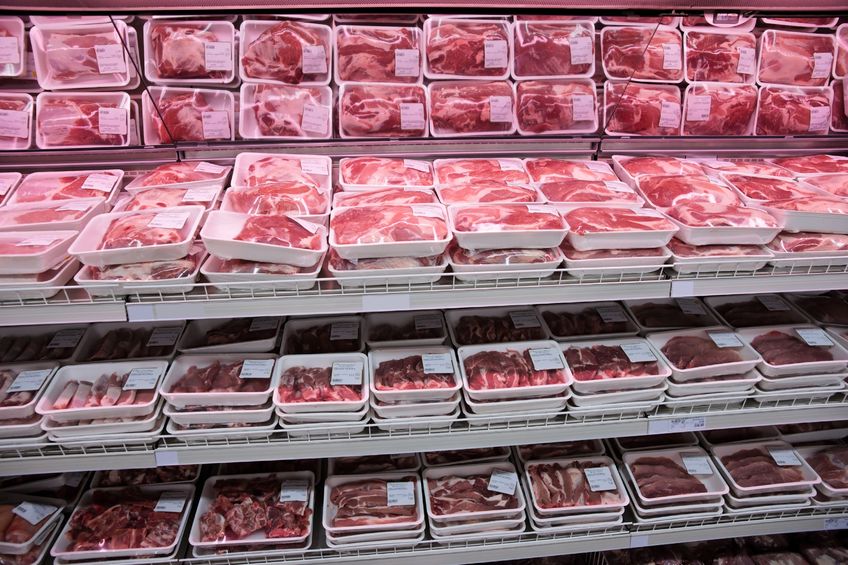
The Food Standards Agency (FSA) has said recent reports about contaminated meat entering the food chain do not 'give a complete picture' and have sought to reassure consumers that the meat they eat is safe.
It was reported that one in four slaughterhouses are failing to take basic hygiene precautions to stop contaminated meat reaching high street butchers and supermarkets.
Conducted by the Observer and the Bureau of Investigative Journalism, it found that there was major hygiene failings at more than 300 abattoirs.
The investigation found that the failings could expose consumers to serious food poisoning illnesses such as E coli, salmonella or campylobacter.
99.57 per cent
The FSA said Meat Hygiene Inspectors and Official Veterinarians inspect every red meat and poultry carcase for visible contamination and that 99.57% of them pass the test.
"The remaining 0.43% is rejected and passed back to the food business, and they have to rectify the problem.
"This is the work that our staff do day in, day out, 365 days a year. If it doesn’t pass, then it does not get a health mark and it does not enter the human food chain.
"Hygiene failures are not tolerated by the FSA, and we take robust enforcement action to ensure food businesses improve their procedures to prevent meat becoming contaminated in the first place."
Hygiene failings
An analysis of government audits carried out at more than 300 abattoirs in England, Wales and Northern Ireland identified major hygiene failings in more than a quarter of the meat plants.
The FSA said if standards are not improving or the risk to public health is high enough, they take 'enforcement action' by taking away the premises' right to operate.
"We remain committed to exploring ways in which we can administer the system of controls in the most effective manner while maintaining the highest standards of hygiene and welfare.
"But any changes will only be made through collaboration and consultation with those affected, and ensuring that food is safe will always be at the heart of everything we do."
